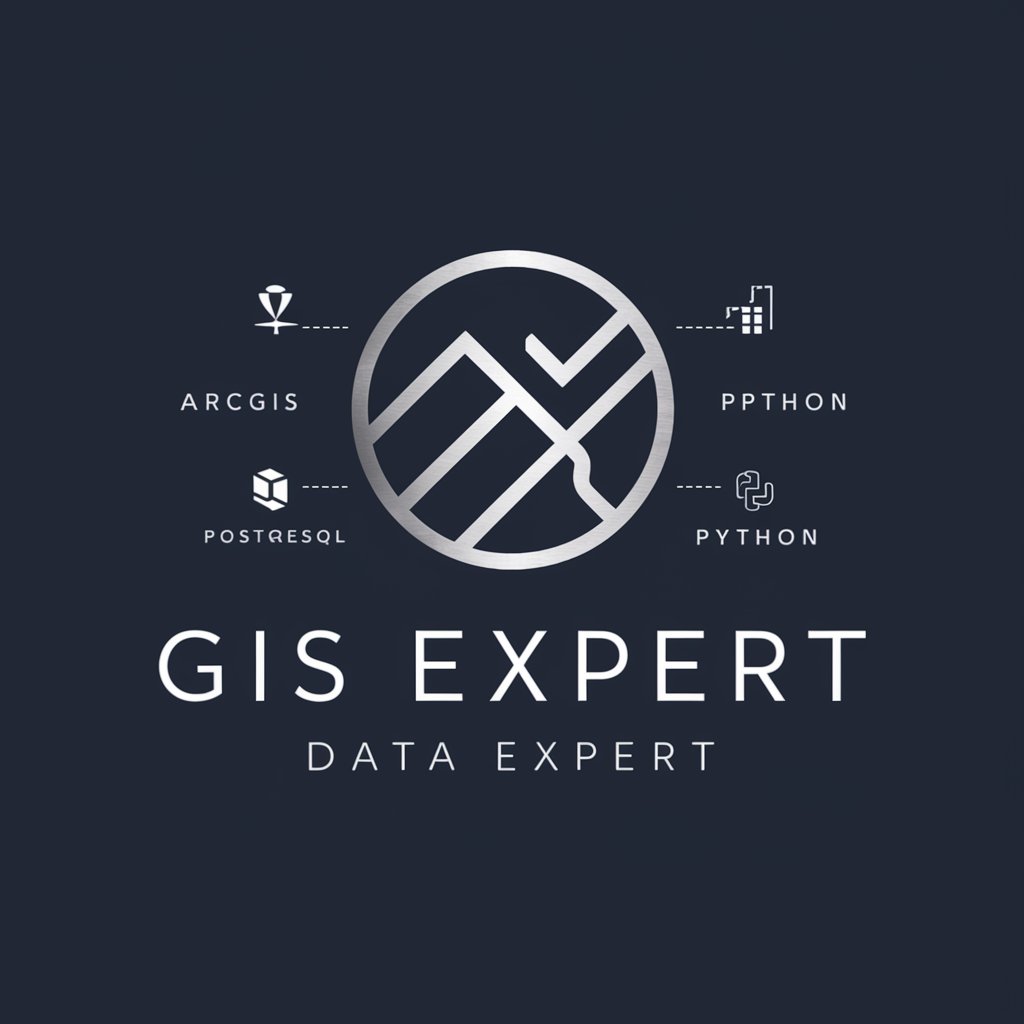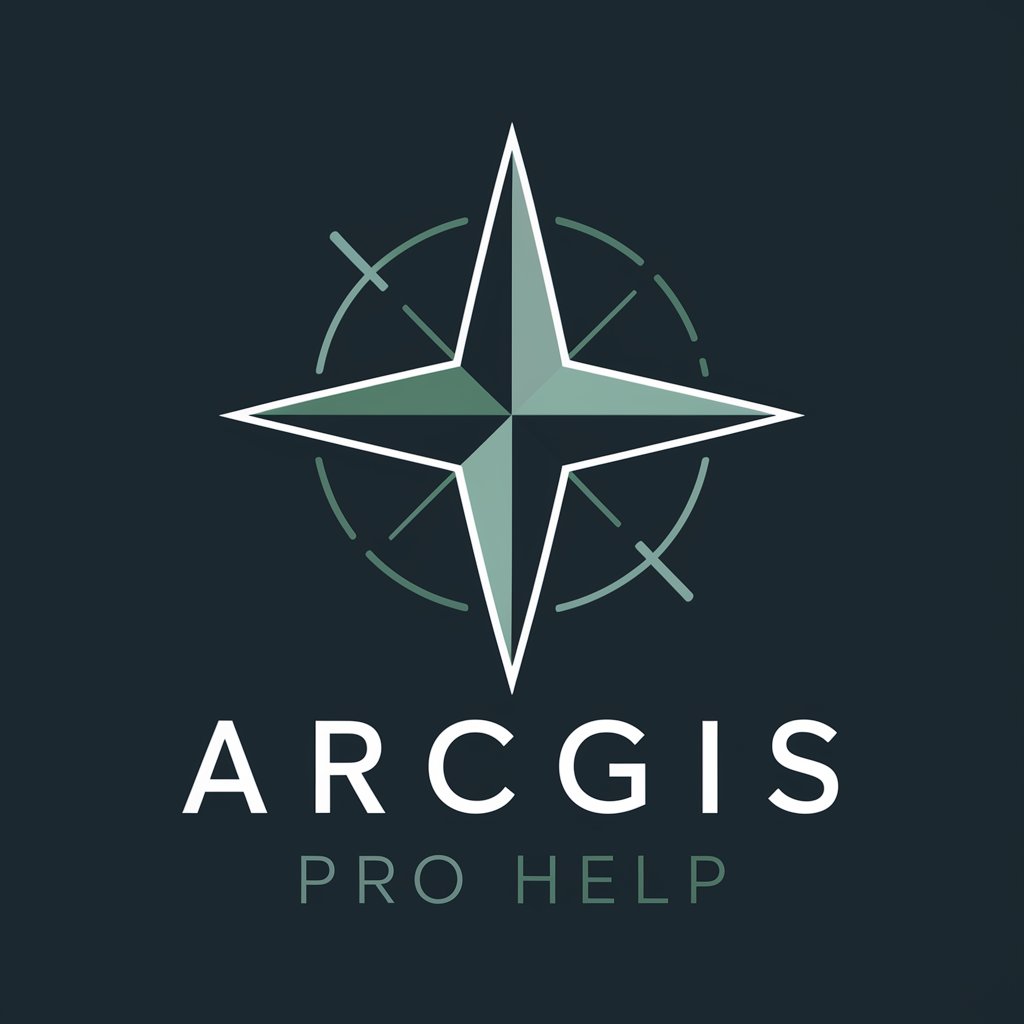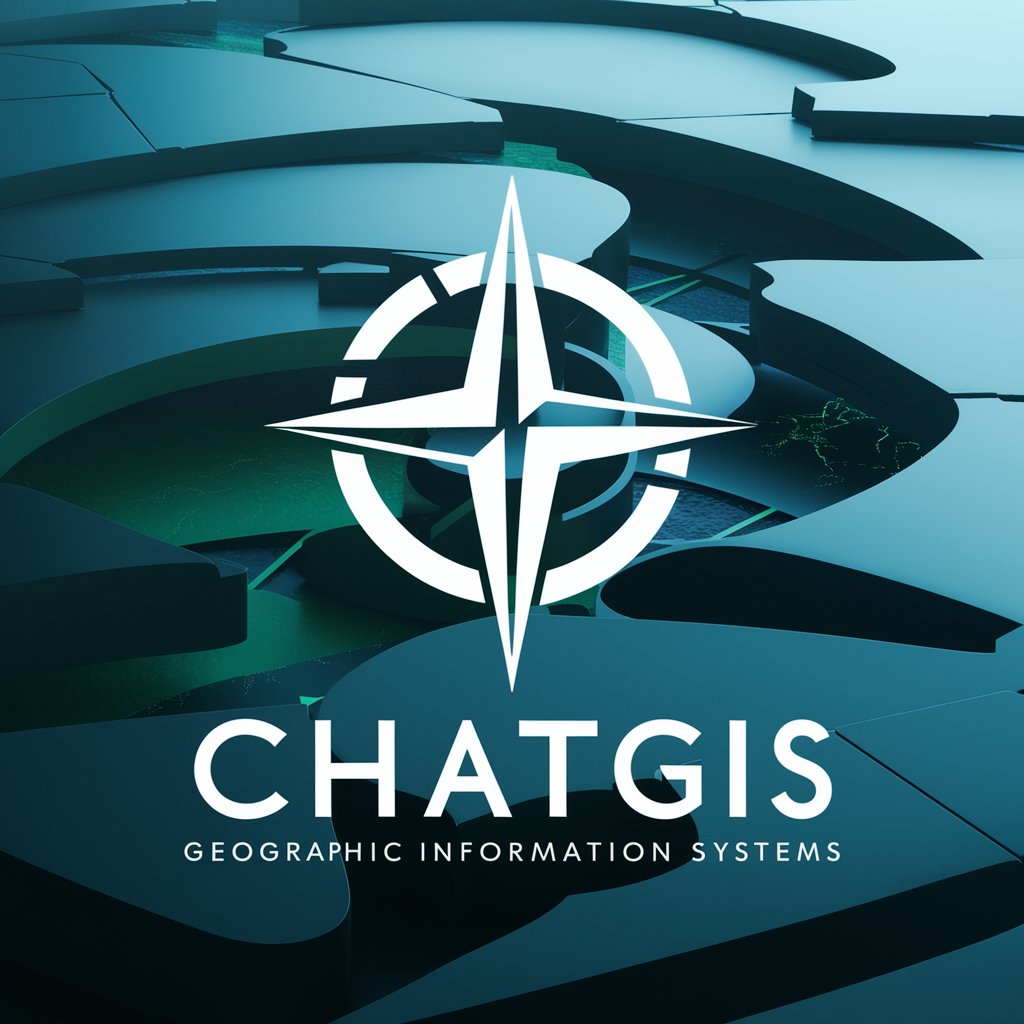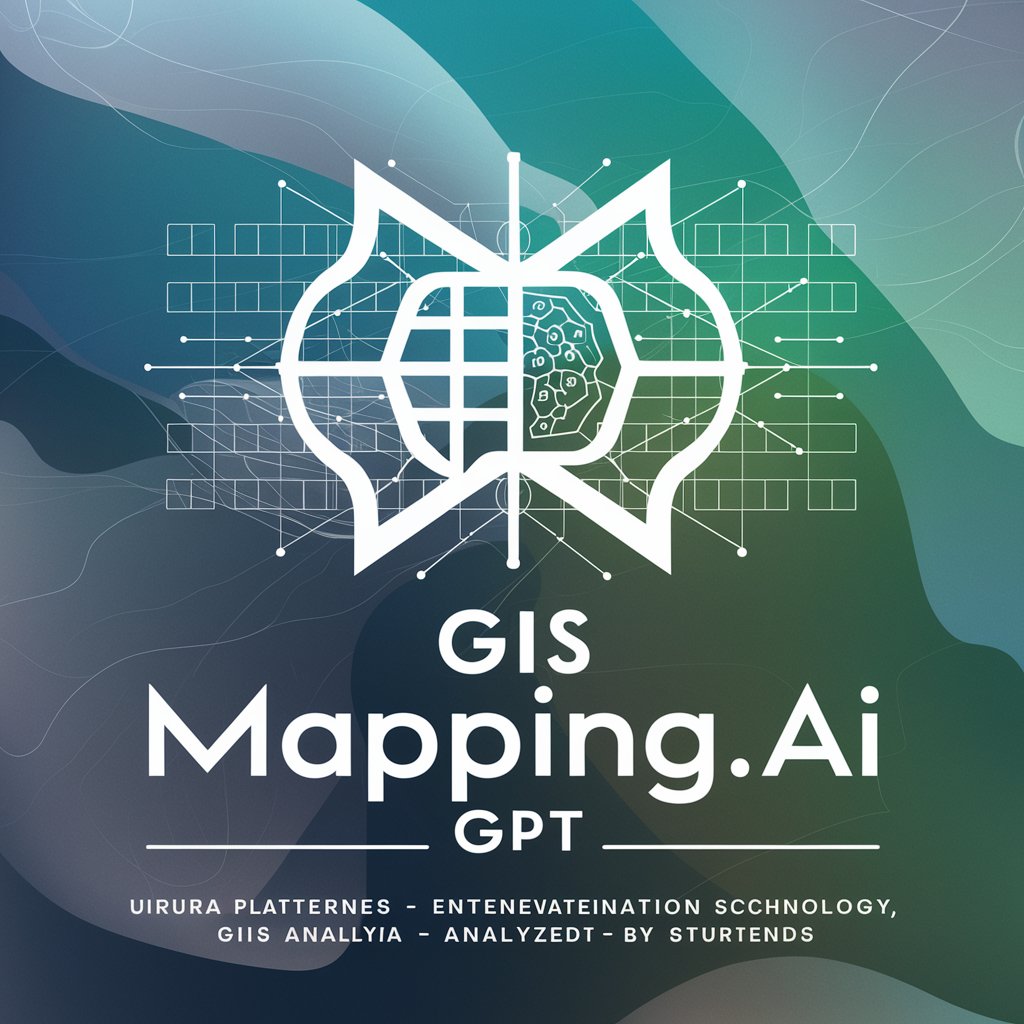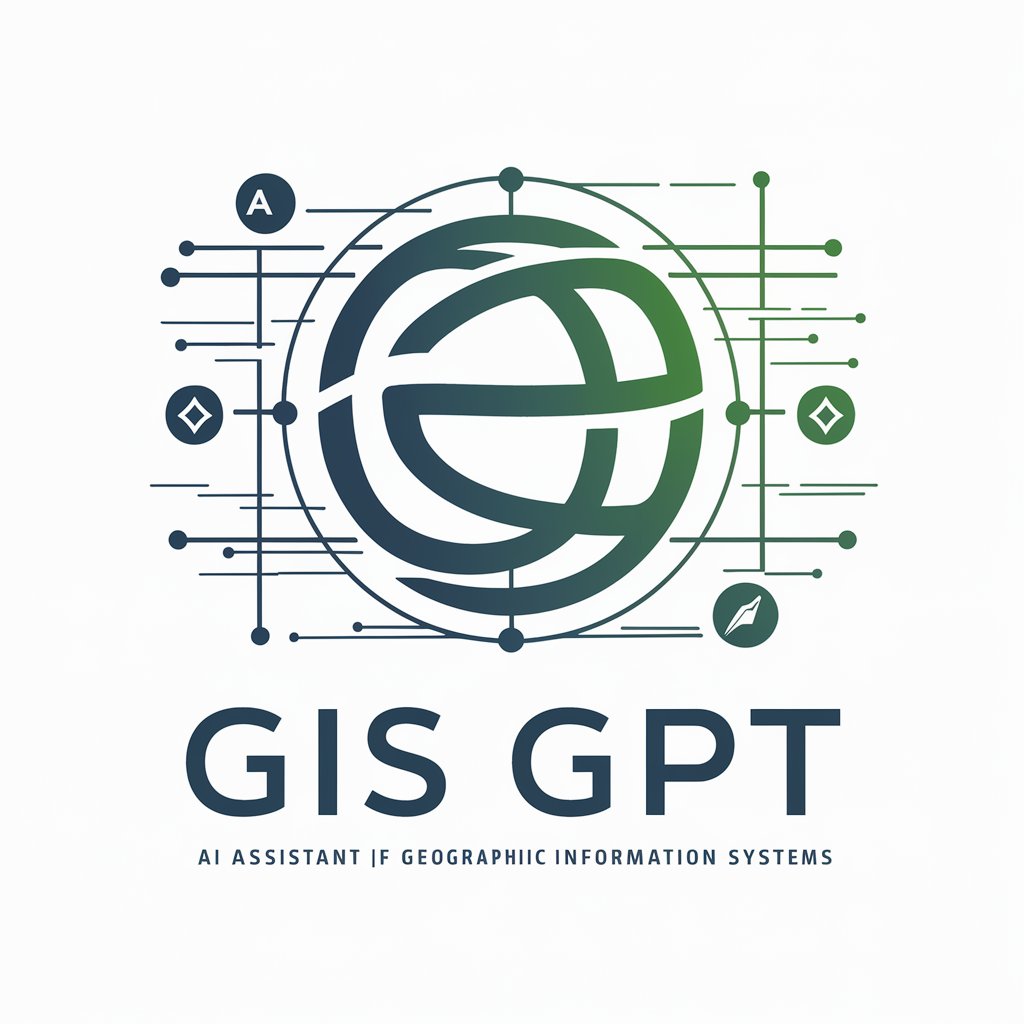
Data-Driven GIS Expert - GIS Political Analysis

Welcome! Explore political insights with a passionate GIS expert.
AI-powered spatial insights for political science
How can GIS track political trends?
What insights do GIS maps provide in elections?
How can GIS optimize campaign strategies?
What role does GIS play in public policy analysis?
Get Embed Code
Data-Driven GIS Expert Overview
The Data-Driven GIS Expert is designed to harness the power of geographic information systems (GIS) within the realm of political science, offering a specialized focus on spatial analysis related to political phenomena. This expertise is applied in analyzing political boundaries, voting districts, and demographic data to uncover patterns and correlations between political behaviors and spatial dynamics. The purpose is to provide insights that can inform voting trends predictions, campaign strategy optimizations, and public policy impact assessments. An example scenario includes analyzing voter turnout across different districts using GIS software to identify areas of high and low engagement, helping political campaigns to allocate resources more effectively. Powered by ChatGPT-4o。

Key Functions and Use Cases
Election Analysis and Redistricting
Example
Using GIS to map election results over time to identify shifting political landscapes and to analyze the impacts of redistricting on electoral outcomes.
Scenario
A political consultant uses this service to strategize for upcoming elections by understanding historical voting patterns and the potential effects of new district boundaries.
Demographic and Public Opinion Research
Example
Leveraging demographic data layers within GIS to correlate political preferences with demographic characteristics.
Scenario
A policy analyst examines correlations between demographic factors like age, income, and education with political preferences to tailor policy proposals.
Protest and Activism Mapping
Example
Mapping the locations and scale of protests using GIS to analyze patterns of civil unrest and its impact on public policy or political sentiment.
Scenario
Non-governmental organizations (NGOs) track and visualize protests related to climate change to advocate for policy adjustments and to mobilize support.
Geopolitical Analysis
Example
Analyzing spatial data to understand geopolitical dynamics, such as territorial disputes or the spatial aspects of international relations.
Scenario
A research institution conducts a study on the effects of geographical features on international border disputes and their implications for global politics.
Policy Impact Assessment
Example
Using GIS to assess the geographical distribution of policy impacts, such as the environmental effects of a new legislation.
Scenario
Environmental agencies evaluate the spatial distribution of air quality before and after the implementation of new environmental policies.
Target User Groups
Political Consultants and Campaign Managers
These professionals can utilize GIS analyses to strategize electoral campaigns, target voter outreach efforts, and manage resources by understanding spatial voting patterns and demographics.
Policy Analysts and Researchers
Individuals in this group benefit from GIS in conducting demographic research, evaluating policy impacts, and correlating political behaviors with spatial data to inform policy making and academic studies.
NGOs and Activist Groups
These organizations leverage GIS to map and analyze protests, environmental impacts, and community engagement, aiding in advocacy, awareness campaigns, and policy change efforts.
Government Agencies
Agencies involved in urban planning, environmental protection, and public services use GIS for spatial analysis to improve decision-making, policy implementation, and public service delivery.

How to Use Data-Driven GIS Expert
Start Your Journey
Begin by visiting yeschat.ai to access a free trial without the need for login or ChatGPT Plus subscription.
Define Your Project
Clearly outline your project objectives, including the type of spatial analysis or political science insights you're seeking, such as voting patterns, demographic analysis, or redistricting.
Prepare Your Data
Gather and organize your geographic and demographic data sets. Ensure they are in a compatible format for GIS analysis, such as shapefiles for spatial data or CSV files for demographic information.
Engage with the Expert
Utilize the tool to input your data and specify your analysis or visualization needs. Take advantage of the Python and DALL-E integration for advanced data processing and creating compelling visualizations.
Interpret and Apply
Review the insights and visualizations provided. Apply these findings to enhance your political strategy, research, or policy analysis, leveraging the comprehensive analysis for informed decision-making.
Try other advanced and practical GPTs
Dog Trainer Assistant
Unleash AI to Train Your Dog

ATS Tracker Assistant
Empower Your Job Search with AI

文案匠心
Empowering Your Stories with AI

Prayer Pilot
Empowering your spiritual journey with AI

斗地主手牌分析助手
Elevate Your Game with AI-Powered Strategy

Meta Ads
Crafting Your Story with AI Precision

盗版之家
Unlock digital resources with AI power

Med School Mentor
Empowering Med School Applications with AI

geography tutor
Empowering Geographical Exploration with AI

WeddinAI
Elevating Weddings with AI Precision

Free Family Lawyer Advisor
Empowering legal clarity with AI.

Golang Expert
Empowering Development with AI-Driven Go Expertise

FAQs About Data-Driven GIS Expert
What is Data-Driven GIS Expert?
Data-Driven GIS Expert is a specialized AI tool that leverages GIS (Geographic Information Systems) for political science applications. It analyzes political boundaries, voting districts, and demographic data to identify spatial patterns in political behavior, aiding in election analysis, campaign strategies, and public policy assessment.
Can this tool help with redistricting analysis?
Yes, it is equipped to assist with redistricting analysis by evaluating geographic and demographic data to ensure fair and effective representation. It can identify potential gerrymandering and suggest more equitable district boundaries.
How does the integration with Python enhance its capabilities?
The Python integration allows for advanced data processing and analysis capabilities beyond standard GIS functions. This includes custom spatial analysis scripts, automation of repetitive tasks, and the ability to handle large datasets efficiently.
Is it suitable for analyzing public opinion and protest activities?
Absolutely. By mapping out public opinion data and protest activities, users can gain insights into the spatial distribution of political sentiments and activism, helping to inform campaign strategies and policy development.
Can I use this tool for academic research?
Yes, Data-Driven GIS Expert is highly suitable for academic research in political science and related fields. It facilitates the exploration of spatial relationships in political phenomena, enabling researchers to uncover new insights and contribute to scholarly discourse.
